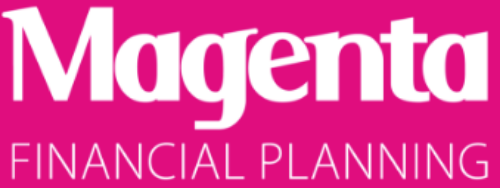What is Money Coaching?
Money coaching is about looking at client behaviours around money and enabling people to transform unconscious money patterns and behaviours that may create stress, anxiety and in some cases, financial self-sabotage.
It helps clients to move beyond barriers that limit their personal, professional and financial potential and helps us as advisers to know how best to interact with and advise our clients, bearing in mind their relationship with money.
If you are someone for whom money is a mystery, you can’t get to grips with it or it causes anxiety, you are not alone and you should know that it is normal to feel this way because our brains are just not designed to make smart decisions when it comes to money.
According to the Money Coaching Institute, only 20% of the decisions we make about money are logical! 40% are emotional and 40% are instinctive – so it is hardly surprising that many people feel ill at ease around their money.
This is the first of our blogs in a series running over the next few weeks where we will further explore peoples relationship with money and our ‘Money Type’.
Our Relationship with Money
Our relationship with money is based on unconscious influences that we are exposed to as young children. Neuroscientists believe this to be between age 2 and 12, when most of our brain development occurs. Many of these early influences, together with our experiences and parental attitudes determine our adult behaviours around money.
For example, one of my earliest memories about money, is that when I was 4, I and my younger sister, had to hide behind the sofa because the rent man was at the door. This has undoubtedly led to my ongoing insistence on having a sizeable emergency fund at all times, so that I will never have to do that again.
Money in the UK is still a taboo subject – people are more likely to talk about their sex lives than they are about their money! And often when they do talk about money, it is to entirely the wrong people – usually people who may sound knowledgeable, but are in fact just as insecure or worse still, ill-informed.
This is mainly because there is little formal financial education and consequently families do not talk about money with their children. If we add to this our British culture (stiff upper lip,) experiences of a war generation, pride and privacy, we have a potentially unhelpful recipe!
According to Deborah Price and the Money Coaching Institute, there are 8 Money Types. Over the next few weeks we will be providing some information about each of these and why they are so important in Financial Planning.

